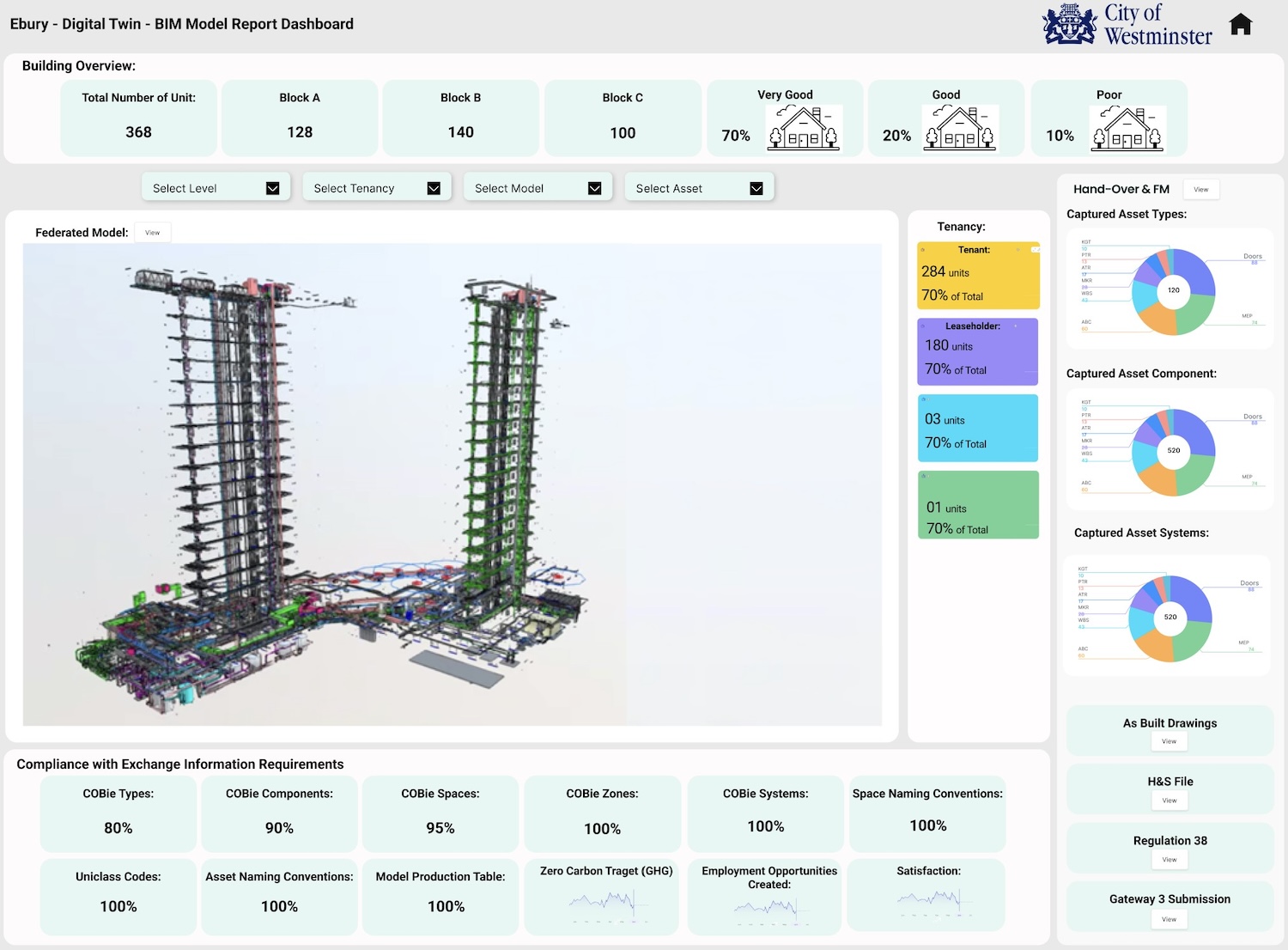The new classroom at Old Newton School Project in Stowmarket needed a system to store and manage trusted data throughout its lifecycle. The school governors partnered with IF_DO Architects and Natural Building Systems to develop an offsite-manufactured solution aligned with their sustainability and health goals.
A key driver was ensuring excellent indoor air quality, free from VOCs and other contaminants, while also providing a long-lasting, flexible teaching space. Traditional and prefabricated methods were dismissed due to design limits, durability concerns, and air quality risks from petrochemical materials. Instead, a digital strategy was developed to enhance collaboration between designers, manufacturers and builders – ensuring real-time data accessibility and traceability.
A digital product passport (DPP) was created using the Circuland platform and GS1 GTIN (Global Trade Item Number) to uniquely identify materials. The project established an interoperable system for tracking materials, air quality and building performance, supporting seamless collaboration throughout the supply chain, from design to long-term use.
RFID tags were applied to building materials, leading to improved, accurate data sharing among stakeholders, enhancing decision-making and sustainability outcomes.
The DPP is accessed by scanning the GS1-powered QR code found on the material. These next generation QR codes, supplied by OrcaScan, have the GTIN embedded. The QR links to the DPP, showing key product and sustainability details.
By integrating digital tracking and standardised data sharing, this project sets a precedent for a more collaborative, transparent, and sustainable construction industry – creating a replicable model for the future.
View the original article and our Inspiration here


Leave a Reply